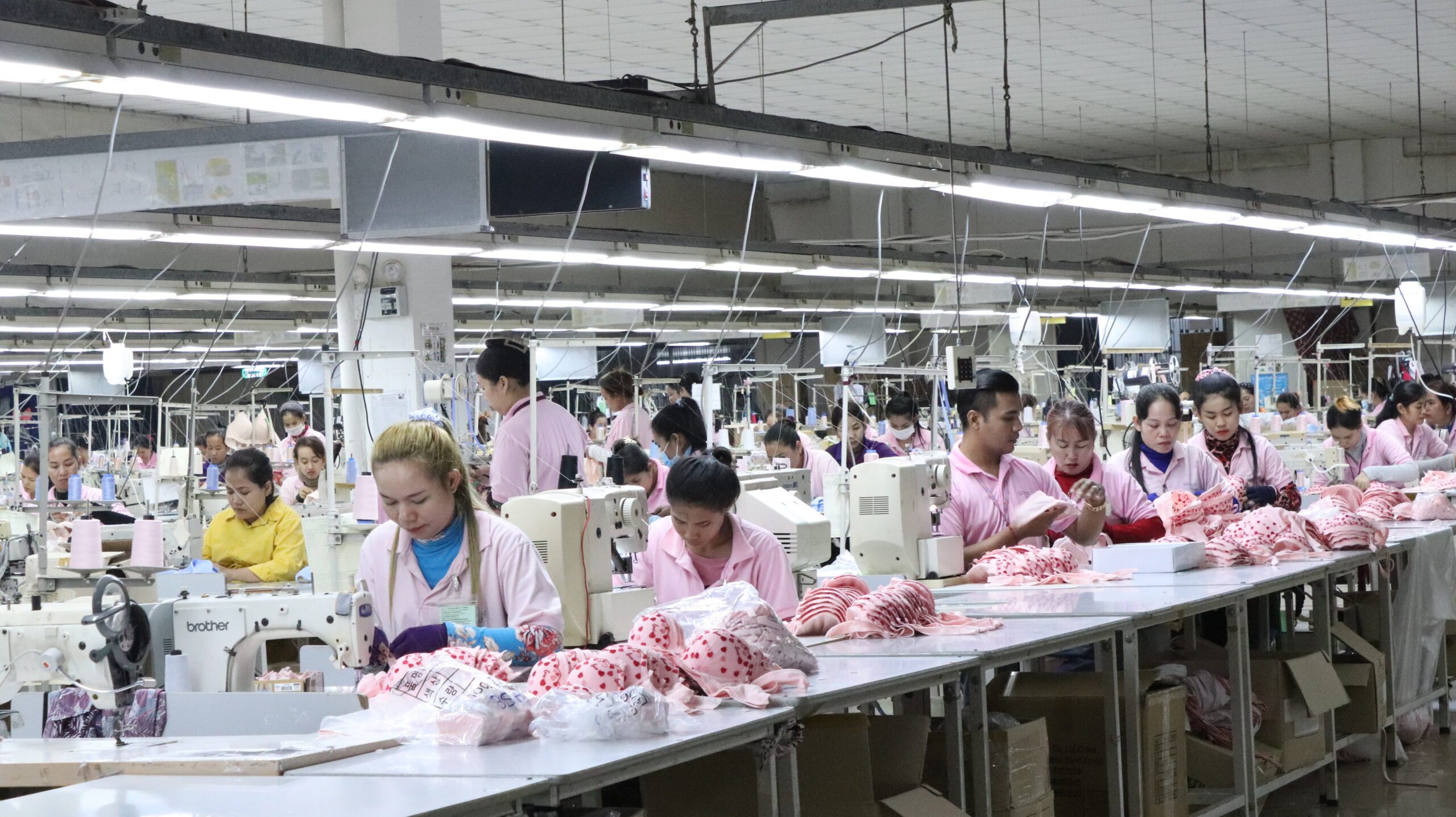Social Inclusion in Textile Sector (SITS), Inclusive Employment in Asian’s Garment Sector
Addressing challenges faced by Organizations of People with Different abilities or OPDs in Cambodia’s garment sector necessitates concerted efforts through networking, collaborations, and public-private dialogues. Based on the principle “Nothing about Us without Us” the project work to promote and supports partner OPDs aiming at strengthening the capacity of these organizations. Peer-learning, knowledge exchange and co-creation will be the key principles and approaches of this capacity building and advocacy project.
About the Project
Social Inclusion in Textile Sector (SITS) aims to promote closer collaboration with OPDs, strengthening the capacities of these organizations through capacity building approaches focusing on strategic and methodologies exchanges, peer learning, advocacy approaches the the profound development of documentations for good practices to achieve more inclusive and decent employment in South East Asia textile sector.
Objectives
To promote knowledge exchange and networking for dignify and inclusive work in the textile industry in South-East Asia among organizations advocating for rights and inclusion of people with different abilities.
- Outcome 1: The capacity of civil society actors’, in particular organizations of persons with different abilities, such as CDPO and members (OPDs), trade unions capacities are strengthened to promote decent and inclusive employment in the textile sector.
- Outcome 2: Civil society contributes more effectively and efficiently to advocating for decent and inclusive employment in textile sector.
Key Activities
Social Inclusion in Textile Sector project included capacity need assessment, regional exchanges, development of a comprehensive referral guideline and two pieces of recommendations paper addressing addressing gender-based violence and inclusion aspects. The project activities included;
- Conduct of a technical capacity needs assessment for selected organizations of persons with different abilities in Cambodia
- Training workshop and peer learning events for OPDs on the inclusion of persons with different abilities into Cambodia’s textile sector and transformative
- Development of a comprehensive referral guidebook for organizations of persons different abilities in Cambodia and develop concept papers specifically addressing gender-based violence and inclusion aspects concerning decent work standards in Cambodia.
- Launching of the concepts paper/recommendations
- Promote collaboration and cooperation on regional level amongst development organizations, local OPDs and international relevant actors to promote decent and inclusive employment and facilitating followed up online events
Approaches
By pooling resources, sharing knowledge, and amplifying their collective voice, OPDs can significantly impact policy changes, improve accessibility, provide essential training opportunities, and ultimately enhance the inclusion and well-being of persons different abilities in the garment industry. To achieve the goals, CARE collaborate with OPDs by
- Work in collaborate with Local partners and OPDs to support and enhance their capacity
- Work to address the distinctive challenges faced by PODs in Cambodia’s garment sector necessitates concerted efforts through networking, collaboration, and public-private dialogue

